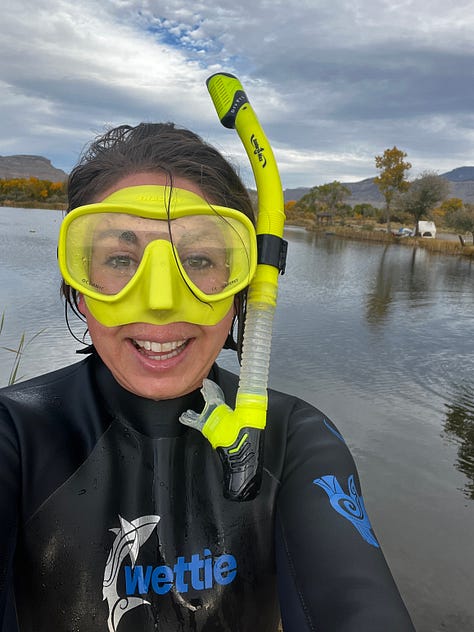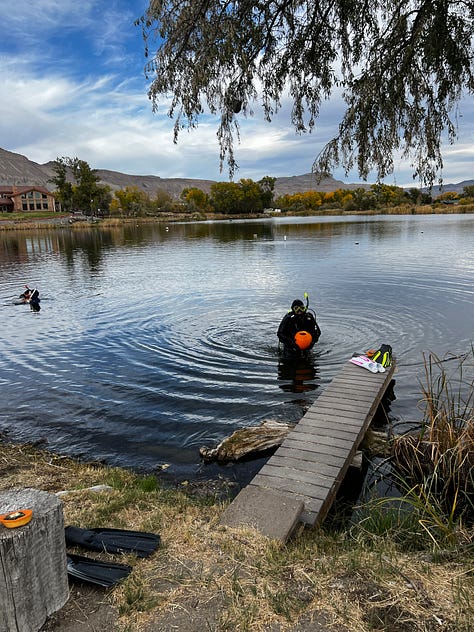


You Might Never Recover From Burnout
As someone who tries very hard not to work more than her allotted 40 hours a week and never stops pushing corporate systems to improve (hence why my manager called me “off-putting” in my most recent work review ✌ ️), I still find myself burning out regularly. It comes and goes in waves, some weeks melting me into the floor, then a rebound, then another melting.
Reading about burnout can be very validating, but sometimes the emphasis on these 60+ hour weeks, holding down multiple jobs, and dealing with the worst managers hell has ever created as the driver of burnout can make me feel like a burnout fraud.
I might not be grinding myself down to the bone, but too many days I still find myself opening Outlook, staring dead-eyed at my inbox, and thinking, I literally could not possibly give any fewer fucks about any of this.
Which is why I found this “diagnosis” interesting:
“Instead of seeking help for workplace problems or reducing their workload, as most people do, clinical burnout sufferers typically push themselves through unpleasant circumstances and avoid asking for help. They’re also less likely to give up when placed under frustrating circumstances, instead throttling the gas in hopes that their problems can be fixed with extra effort. They become hyperactive, unable to rest or enjoy holidays, their bodies wired to treat work as the solution to every problem. It is only after living at this unrelenting pace for years that they tumble into severe burnout.”
This made me wonder if I am not suffering from clinical burnout, but rather something more manageable. I have no trouble reducing my workload when life gets overwhelming, and I definitely put my foot down in frustrating work circumstances. I am able to rest and absolutely enjoy my time off.
Still, even this pace can feel unrelenting to me and I’m not sure how we push through it without causing last damage.
“In one study conducted by Anita Eskildsen, for example, burnout sufferers continued to show memory and processing speed declines one year after burnout. Their cognitive processing skills improved slightly since seeking treatment, but the experience of having been burnt out had still left them operating significantly below their non-burned-out peers or their prior self, with no signs of bouncing back.”
The Kids Are Too Soft
Speaking of burnout! Anne Helen Petersen (who wrote the book on millennial burnout), takes on the broken nature of work (especially journalism/media/nonprofits) in this piece and just couldn’t have nailed it better.
“There is so much survivor’s bias in every industry — and so little consideration of who gets expelled from systems that understand “excellence” in unyielding ways. In finance or non-profits, you’ll recognize the same standards: you should be willing to work for an extended time for free or below a living wage; you should be able to ignore or excuse others’ bad or abusive behavior; you must be open and eager to working at all times, without the encumbrance of caregiving or personal needs, for the rest of your life.
The best indication of the health of an industry like journalism isn’t who excels there, because the answer is obvious: work robots who come from some sort of family money. To understand just how broken media is, look at who leaves the field — or who dares not pursue it. Because this much I know is true: it’s not because they’re soft.”
Anatomy Sweaters
I mean….how freakin’ cool are these? And on Hallow’s Eve, no less!
6 Great Voids to Scream Into This Election Season
Personally, I’m eyeing up some of the canyons in Colorado National Monument right in my backyard. Hope you find yourselves a great void before Tuesday!
Plastic in Dolphin Breath
Honestly, I was hoping there would be a better description in this story of how we measure dolphin breath (and why we ever started doing that?) but the moral of the story is, plastic pollution is real bad and we gotta move away from fossil fuel-derived products ASAP.




